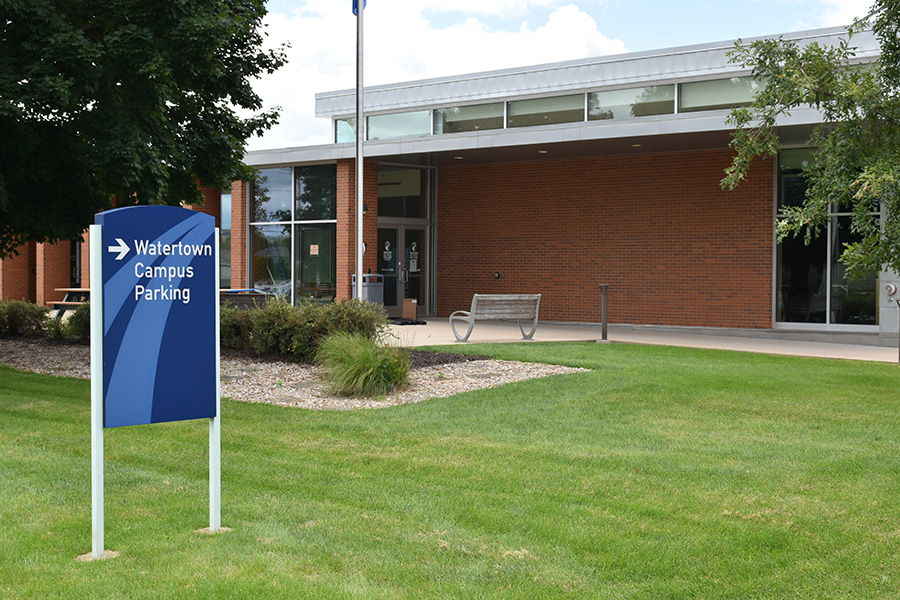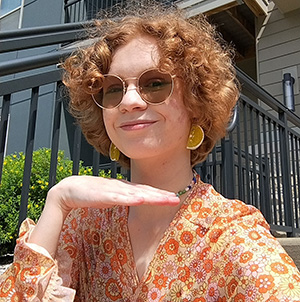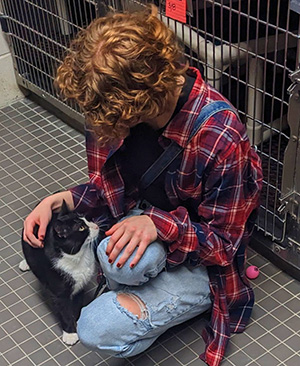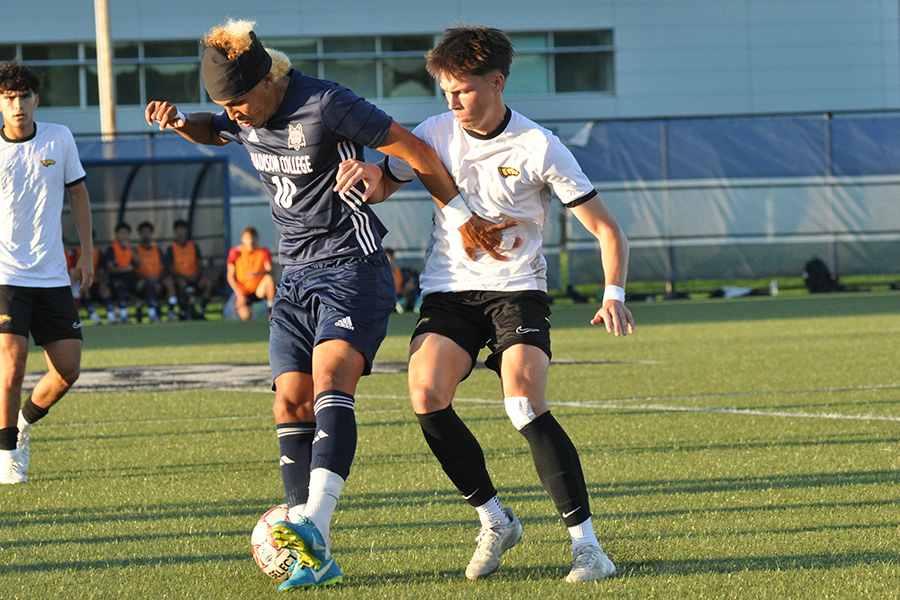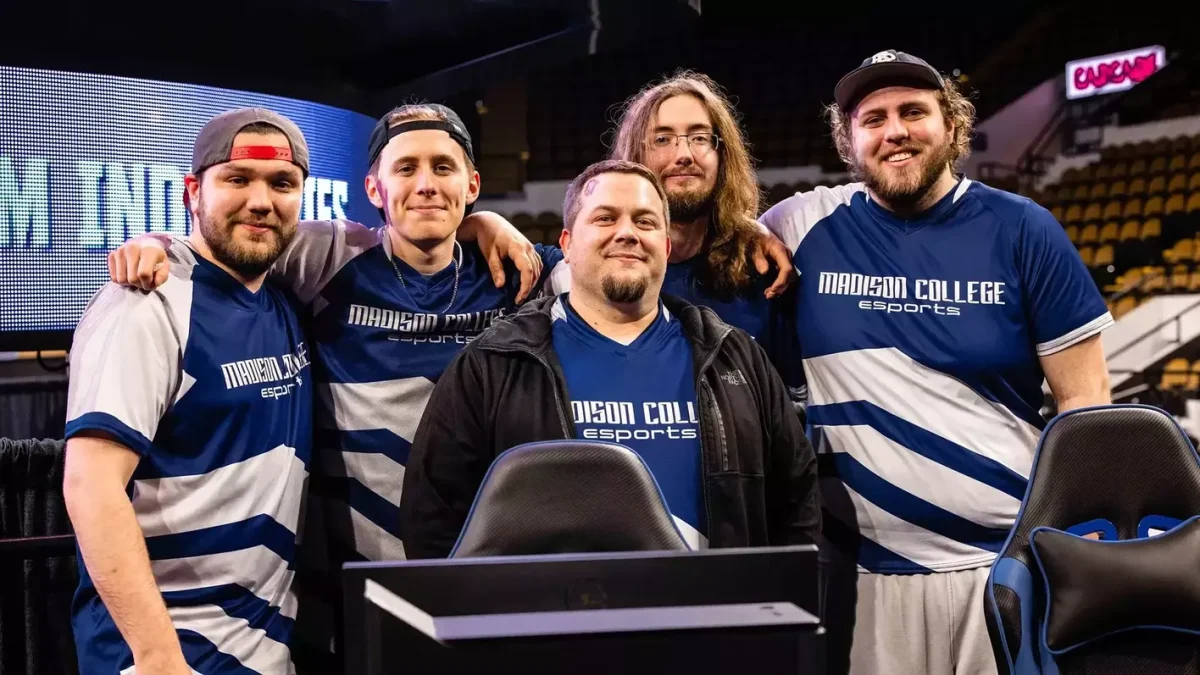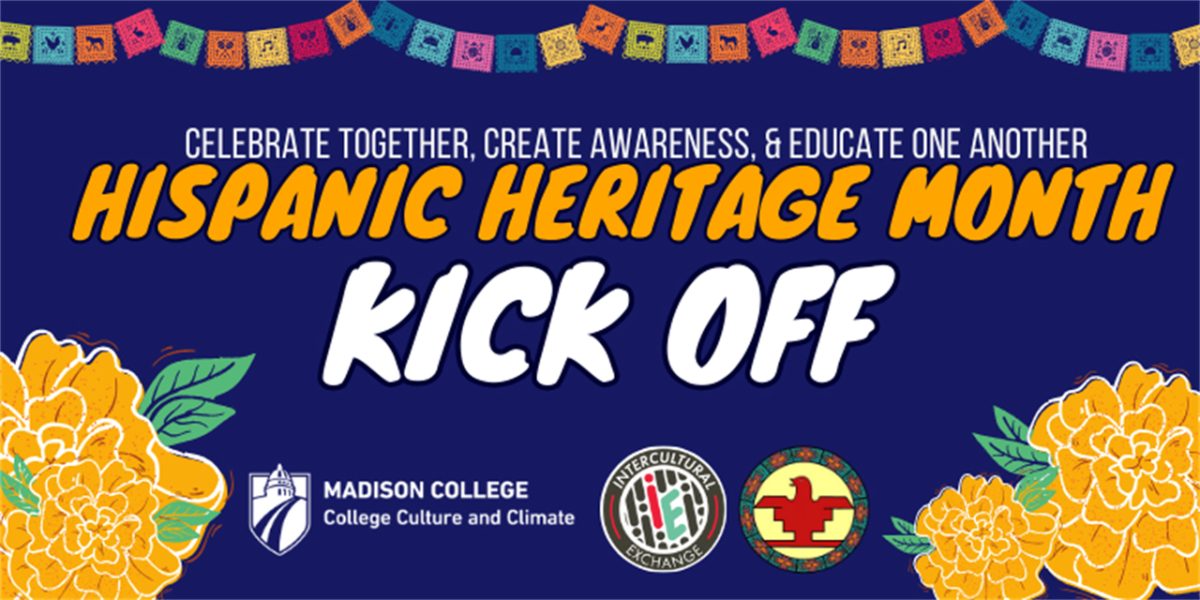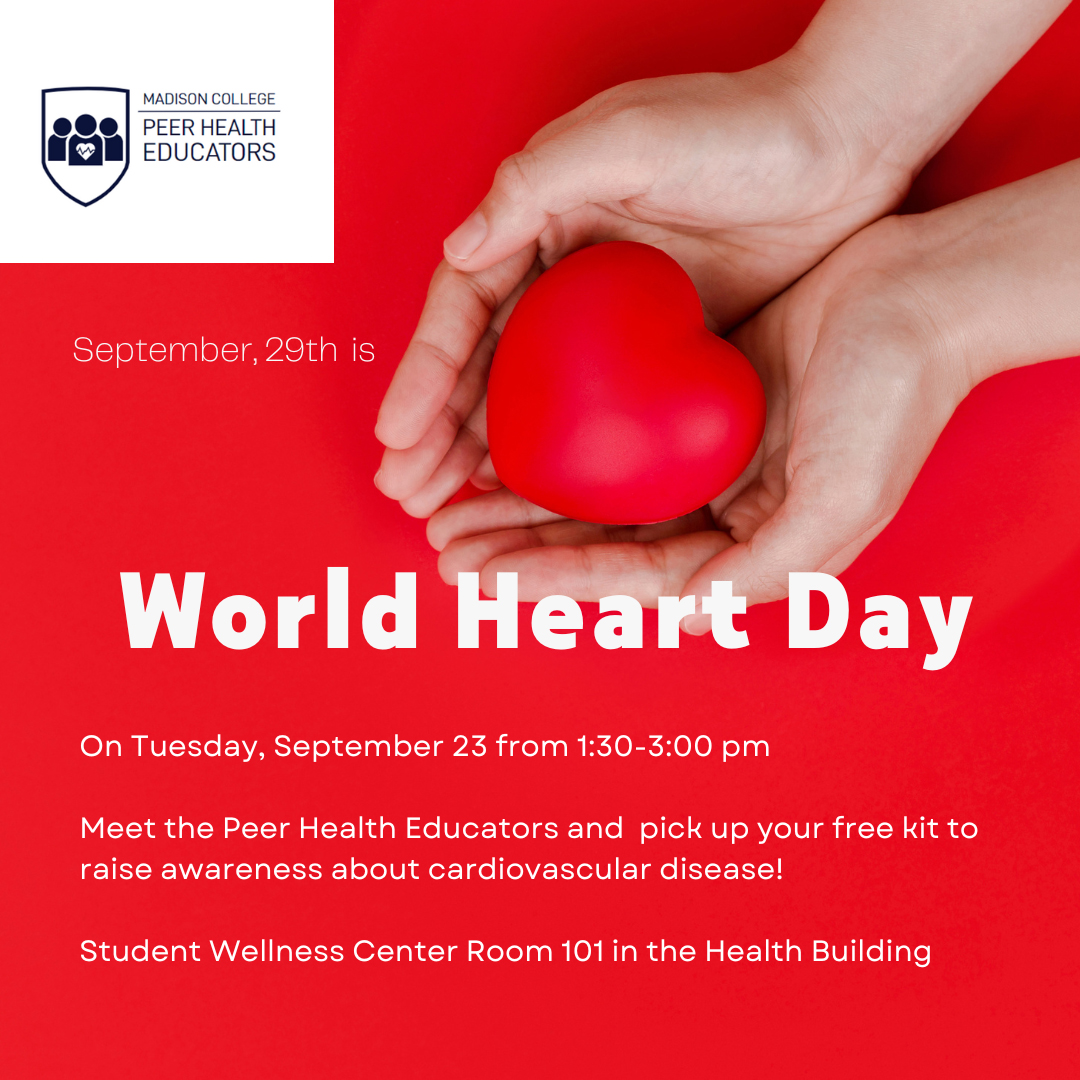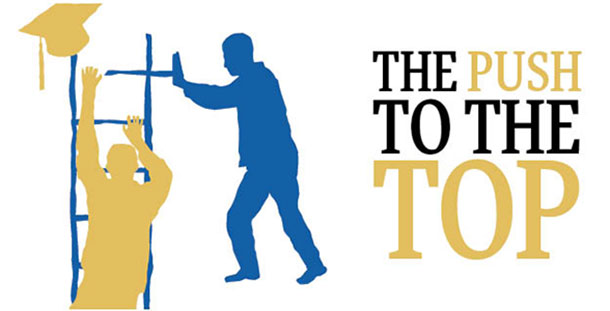When Virginia Bryan and her husband, Robert, became mentors in 2011 for Najeeb Ullah, a Pakistani student, they never expected that their friendship with Ullah would have a great impact for the future of a nation. Bryan just wanted to help her mentee to have best experience during his stay in America. Bryan’s family and Ullah had a lot of fun together; they went shopping, traveled, and celebrated Thanksgiving and Christmas.
After finishing his studies, Ullah went back to Pakistan and started working on a project for gender equality. He started an English class to educate women and invited his mentor to speak with his students via Skype.
“They said this has never happened before. We are making history here,” Bryan said. She added that she is amazed how their friendship has given her a chance to become a part of the women’s empowerment movement in Pakistan.
Family Overseas
Dealing with homesickness, culture shock and a language barrier can be a painful experience for an international student who has just arrived in America. Amy Kue, the coordinator of the CCI program at Madison College, says mentor families provide a support system for the students during this transition process.
“A mentor is our very first friend. They helped us to overcome the anxiety of coming to a new country,” said Naftaly “Kitty” Sitompul, a Madison College alumnus from Indonesia who came as a foreign exchange student in 2009-10.
While she was here, Sitompul was mentored by Terry Welch-Wermuth and says that Welch-Wermuth was “so motherly” and made her feel “secure.”
“I love Kitty and I protect her like a mom,” Welch-Wermuth said.
“Mentors help students to have a family experience here. I always think about their parents at home who must be worried about them, even though they’re adults.”
Sitompul said she recalls a moment during a spring break trip to Florida with her friends when she experienced an unfortunate situation and Welch-Wermuth went out of her way to take care of her.
“A drunken guy threw me on sand and it broke my tailbone. I couldn’t ask my friends to drive me back to Wisconsin because it was their time to enjoy their holiday. So I called my mentor,” Sitompul said. “She sent me a plane ticket right away, and she was already at the airport when I arrived in Madison. Then she helped me with my wheelchair and everything.”
Donna Marconnet, a Madison College librarian who has been mentoring students for five years, also said she enjoys her experience. This year, Marconnet and her husband are mentoring a Pakistani student named Abdul Basit.
“He has an easy-going attitude and his smile is absolutely contagious. He welcomes new experiences and he is eager to try anything. It’s a lot of fun to have him in our family,” Marconnet said.
On the other hand, Basit said he is also grateful for his mentor.
“She treats me like her own child and I trust her,” Basit said. “There are no secrets between me and Donna.”
Cross Cultural Experience
Mentors help give students a view of American family life, which doesn’t always match what they’ve seen on television or in movies. Likewise, mentors get to learn about another country too.
“When you heard about Pakistan, India, and Indonesia on the news, you only knew these countries from what their governments do. But once you get to know people, you can no longer see these countries in the same way. They are not a small dot on the map anymore. Whenever you hear the news, you think about people that you love and care about,” Bryan said. She also adds that she really wants to travel to Pakistan to see her student.
Welch-Wermuth said that the key of successful mentoring is being open-minded and willing to learn something new.
“One of the students I mentored was Howida, an Egyptian girl. At that time, I knew nothing about Muslim people. I was just open-minded about it. When we invited her for Thanksgiving she didn’t eat anything. Then I learned that she only eats halal foods. So I would always have them at home whenever she came and visited me.”
Despite the cultural differences, Welch-Wermuth said she believes people worldwide have much in common as human beings.
“Once you eliminate religion and politics, they’re just people who live in a different location. People are just people. They laugh, they cry, they have family and they do the same things we do,” she said.
Gretchen Rixie, an academic advisor in the Student Development Center, learned about India through Gufran and Deepak, the students she mentored.
“One of my favorites is food. It’s really enjoyable to cook Indian dishes together and I have also learned a few Hindi words,” Rixie says.
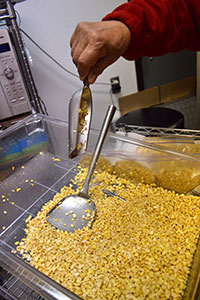
But India is not all about food, dancing or slum areas as often portrayed in film. Through her mentees, Rixie sees the different sides of India.
“Gufron was a journalism student. She is sweet and so bright. And Deepak is very funny. We laugh a lot when we spend time together. I just found that all of my students are so warm. They give me the impression that people in India are friendly, warm and welcoming,” Rixie said.
Cultural exchange is one of the essential parts in the mentoring program. The international students are culture ambassadors who represent people from their country. Mentors can learn a lot from their students and they really appreciate it.
“Indonesians love their country and they are very proud of their culture,” said Welch-Wermuth, who has been a mentor for Indonesian students for three years. “They also show respect to their parents. I don’t say that American children not respect their parents, but Indonesian has a different level of respect. They place their parents in a higher level than American children do. I appreciate that very much.”
Everlasting friendship
Mentoring is a very rewarding experience. Often, mentors keep in touch with the students even after they go home. A mentor becomes the one that students miss most when they return home. According to Sitompul, she calls her mentor once or twice a week. Welch-Wermuth even sent her a bouquet of flowers on her business’ anniversary in Indonesia.
“I love my American mom,” Sitompul said. “I will always keep her kindness in my heart until the day I die.”




